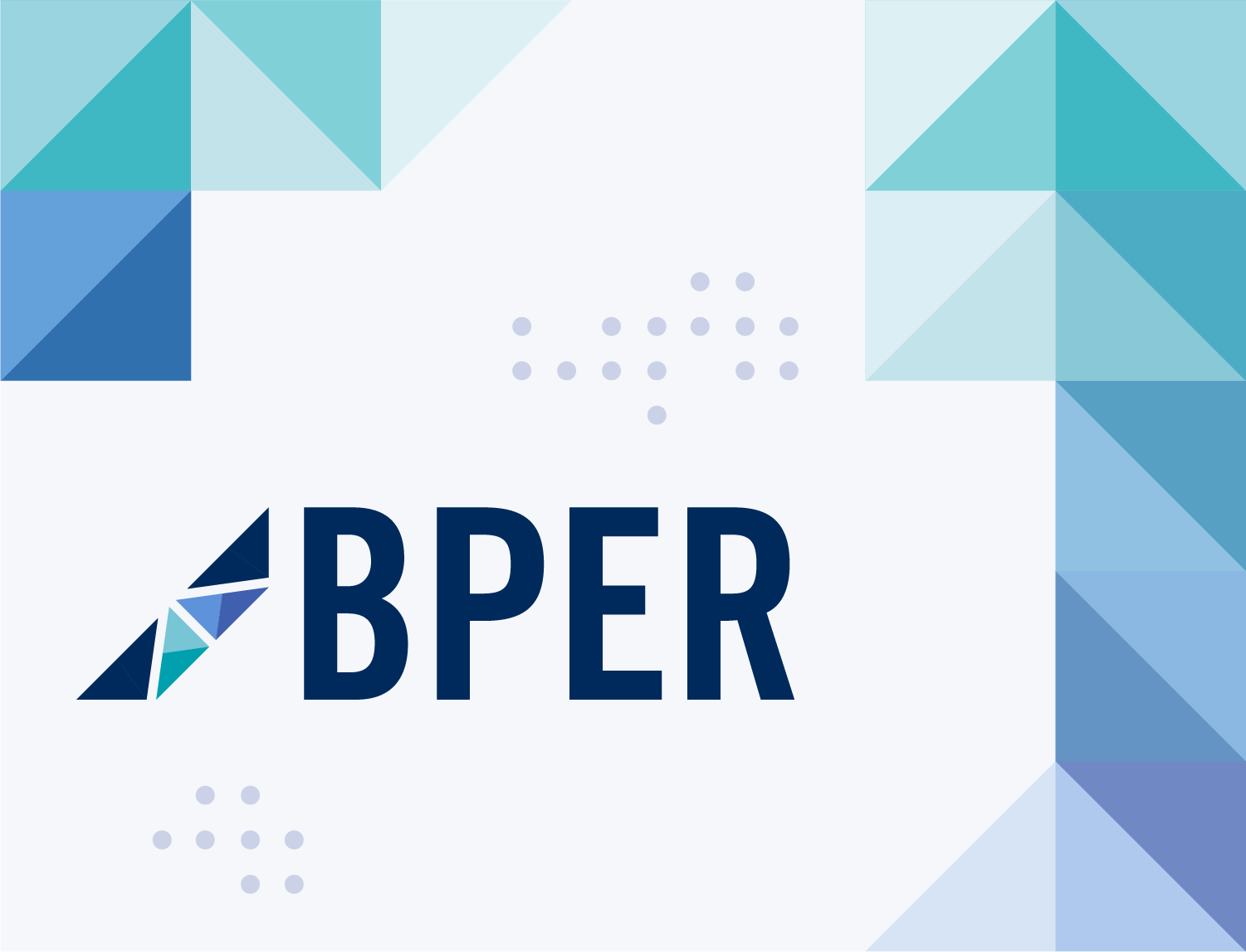Critical Debates in Research on Transformative Pedagogy
Stella Ng and Edward Taylor will surface critical debates in research on transformative learning, and engage with our audience via moderation discussion and an open Q & A session.
No events to show
Description
Transformative education is gaining interest, across health professions education as an approach to learning that may contribute to the development of more critical, empathic, healthcare professionals. At the same time, educators can hold very different ideas about what transformative learning looks like in practice. Similarly, many may be unfamiliar about contentious debates that have arisen in research on transformative learning. On October 7th, two leading scholars (Stella Ng and Edward Taylor) come together to help our community navigate these issues. They will surface critical debates in research on transformative learning, and engage with our audience via moderation discussion and an open Q & A session. Please join us for this stimulating, inaugural Dialogue and Debate Series event.
This is an open invitation. You may forward it to all interested parties. However, all parties must register to join the series. Space is limited and registration is filled at a first-come-first-serve basis. This session is free of charge but advance registration is mandatory. Upon registration, you will receive log-in details for the virtual (Zoom) event.
We strive to create a safe space for collegial debate, moderated discussion, and audience Q & A. This includes limiting audience size for most of our DDS events.
To learn more about Community Forum for Education and Evaluation (CoFEES), please visit our Community Page.
Brief speaker bios and presentation abstracts:
Edward W. Taylor is a Professor Emeritus of Lifelong Learning and Adult Education from Penn State University. Presently he is a Visiting Professor at Universita di Padova, Italy training faculty in innovative approaches to teaching. Dr. Taylor will offer a snapshot of transformative pedagogy, its essential components, controversies, and opportunities to challenge future scholars. As the world experiences polarization transformative pedagogy offers means to transcend differences. Despite its potential, theoretical and empirical challenges persist including an overreliance on reason; ill-defined terminology; and gaps in generalizable research.
Stella Ng is the Director of the Centre for Interprofessional Education , an Associate Professor in the Dept. of Speech-Language Pathology, University of Toronto. She is passionate about the transformative potential of health professions education, particularly critical pedagogies to enhance the collaborative, compassionate, and ethical aspects of health care practice. In her presentation, Dr. Ng will share paradigmatic tensions and future possibilities in transformative education research. Transformative education faces challenges of legitimacy in healthcare contexts, wherein biomedical knowledge and its associated ontologies and epistemologies reign supreme. Yet it is logically a fit for preparing socially adept practitioners.
Event Details
Recommended Events
-
 2MarThis workshop engages participants in reflective activities and discussions about desirable and undesirable professional behaviours and the bi-directional relationships that exist between these behaviours, healthcare professional wellness, and the creation of psychologically and culturally safe environments.
2MarThis workshop engages participants in reflective activities and discussions about desirable and undesirable professional behaviours and the bi-directional relationships that exist between these behaviours, healthcare professional wellness, and the creation of psychologically and culturally safe environments. -
 9MarTeaching for Transformation is a three day immersion in the education paradigms and practices needed for today's health care work.
9MarTeaching for Transformation is a three day immersion in the education paradigms and practices needed for today's health care work. -
 10MarLeadership in medicine is often framed in terms of skills and competencies. Yet many of the challenges clinicians face require something deeper: character. This session introduces character-based leadership as a complementary and necessary lens for understanding leadership in health professions education and clinical practice.
10MarLeadership in medicine is often framed in terms of skills and competencies. Yet many of the challenges clinicians face require something deeper: character. This session introduces character-based leadership as a complementary and necessary lens for understanding leadership in health professions education and clinical practice.

